What to Do Before You Have Oral Surgery
You're probably feeling a bit nervous if your dentist has recommended you get oral surgery. It's normal to have some anxiety when facing a medical procedure, especially one involving anesthesia. However, when you understand exactly what the surgery entails and how to prepare for it, you'll likely feel much more relaxed going into it. Arm yourself with knowledge so you can tackle your upcoming oral surgery with confidence.
Understand the Procedure
The first thing to do is ensure you fully comprehend the procedure your dentist has recommended. Ask them to clearly explain what will occur during the surgery itself. Will they be removing impacted wisdom teeth? Will they be repairing or replacing damaged teeth with dental implants? What about correcting your bite with orthognathic surgery? Knowing the specifics will help you know what to expect. Research the procedure online too, allowing you to learn about how long it typically takes and what the recovery process is like. This information will minimize any unpleasant surprises.
Choose Your Surgeon Wisely
One of the most critical factors in achieving successful oral surgery outcomes is picking the right oral surgeon, in our professional experience. You want someone experienced who specializes specifically in the type of procedure you require. Look for a surgeon who is board-certified with excellent reviews from past patients. According to WebMD, dental implants have a 98% success rate, but it's still wise to pick a surgeon with a stellar track record. Don't just default to your general dentist. Do your research to find one of the area's top oral surgery experts.
Arrange Transportation and Care
Since you'll likely have anesthesia during your oral surgery, you won't be allowed to drive yourself home after. Make sure to arrange for someone to pick you up and look after you on the first night of your recovery. Stock up on soft foods you can eat comfortably like yogurt, applesauce, and protein shakes. Be sure to have any prescription medications filled beforehand. You may feel quite sore and groggy after surgery, so make sure you have support lined up. The less you need to worry about logistics, the smoother your post-op period will be.
Understand the Anesthesia Options
The medications that sedate and numb you during
oral surgery are very safe. Still, it's good to understand your choices, so you can opt for the one that will make you most comfortable. Local anesthesia numbs only the area being operated on, so you remain awake and aware. This works well for brief procedures. Intravenous anesthesia puts you into a deeper sedation, or "twilight sleep." General anesthesia fully knocks you out. Discuss options with your oral surgeon and decide which level of sedation is best for your surgery.
Make a Post-Op Game Plan
Having a plan in place for your recovery time will ensure you allow your body the rest it needs to heal quickly. Talk to your oral surgeon about when you can return to work and normal activity. You may need to take a few days off. Avoid strenuous exercise while you recover. Make sure you understand all post-operative instructions, like how to care for surgical wounds and when to come in for follow-up appointments. Having a checklist prepared means you can focus simply on feeling better.
Get Answers to Your Questions
You should prepare a list of any questions or concerns you have about your oral surgery and get them answered during your pre-op consultation. Ask how much pain and swelling you can anticipate during recovery. Also, see how long it takes until you can return to your regular diet. Don't be afraid to speak up regarding any worries. Clearing up uncertainties ahead of time will help you feel empowered.
Avoid Certain Foods and Medications
Prior to surgery, your dentist may advise you to temporarily stop taking certain medications that impede blood clotting like aspirin and ibuprofen. Avoid smoking, too. You'll also likely be told to stop eating and drinking at a specified time the night before surgery. Make sure you get very clear instructions on any foods, meds, or vices you should avoid leading up to your procedure. Following these limitations is key to ensuring optimal safety and results.
Undergoing oral surgery may take you out of commission for a few days, but if you prepare properly you can sail through it with minimal hassle. Staying informed and proactive will allow you to rebound from your surgery feeling confident and healthy. The procedure may be a short blip as you work towards an improved smile. If you've been told you need oral surgery or think you may need surgery, reach out to Jay I. Swanson, DDS, MD, FACS for a consultation.


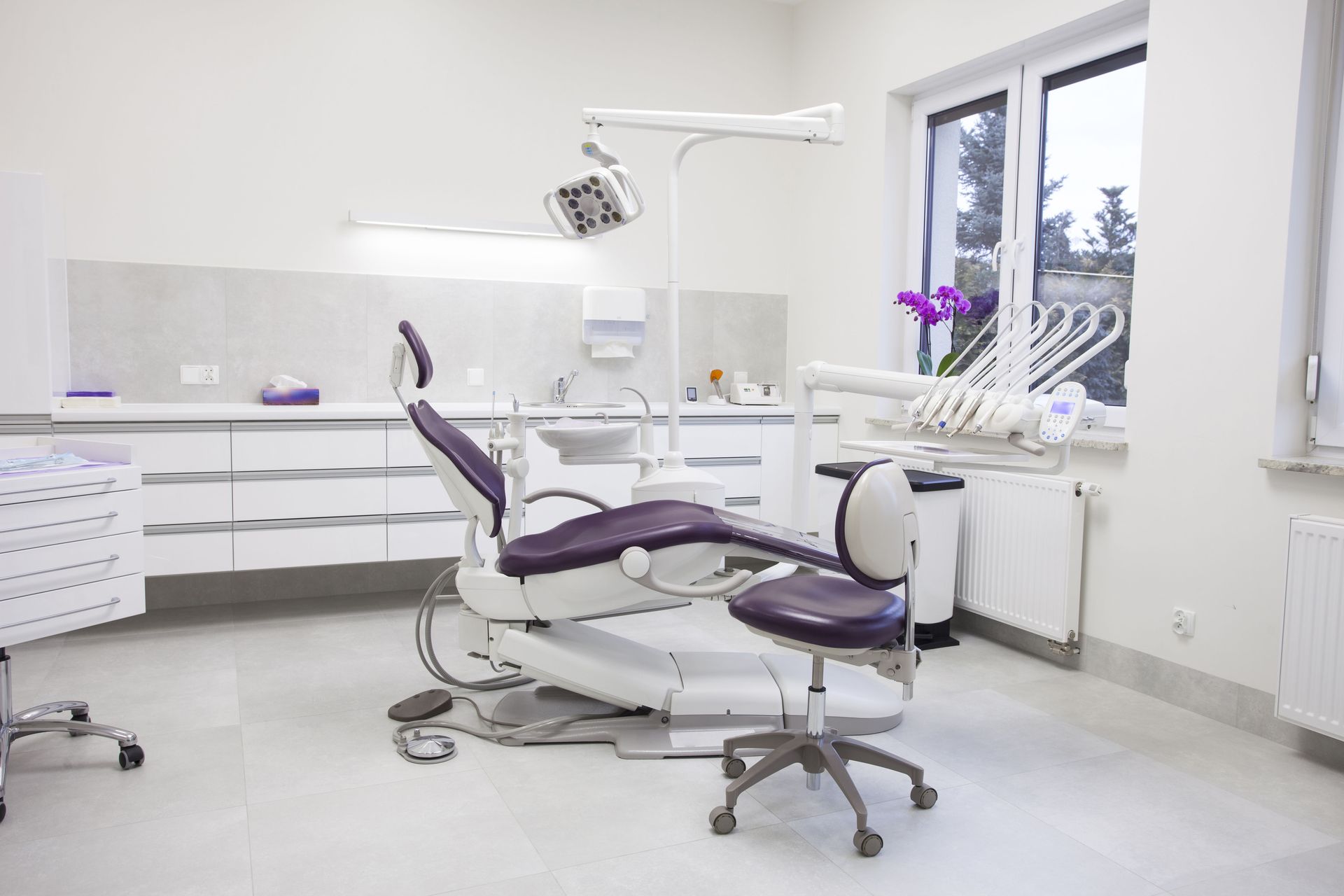



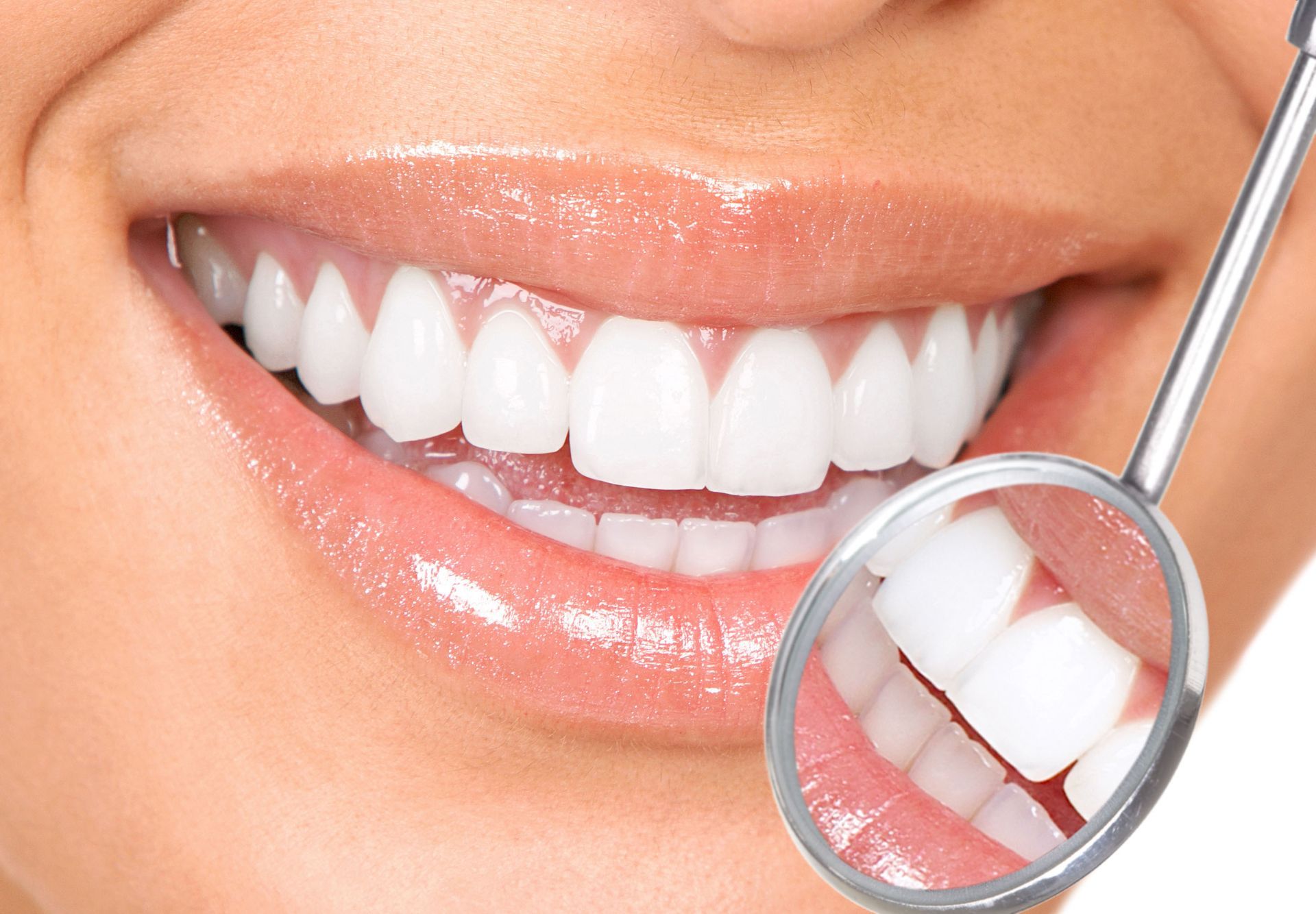
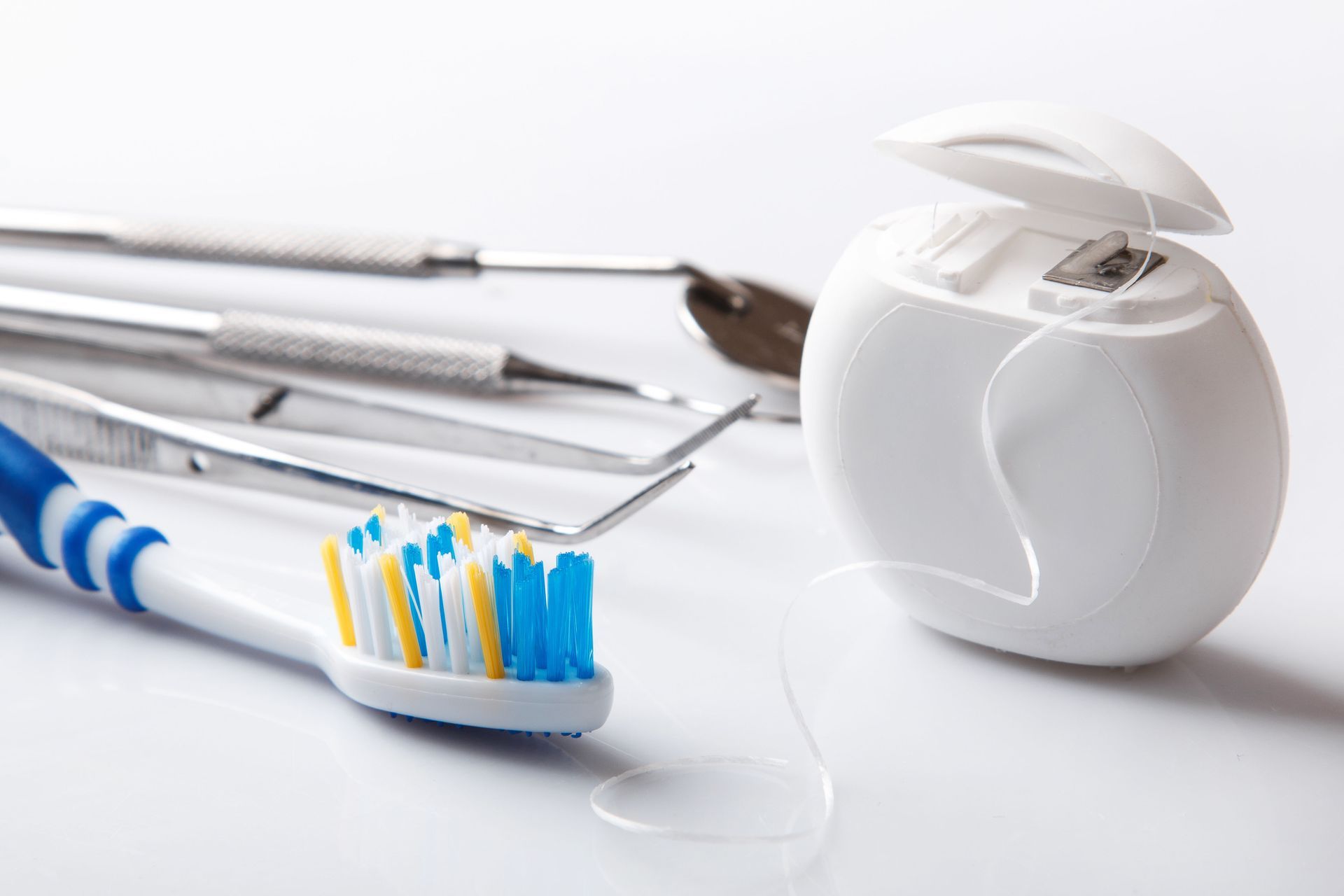
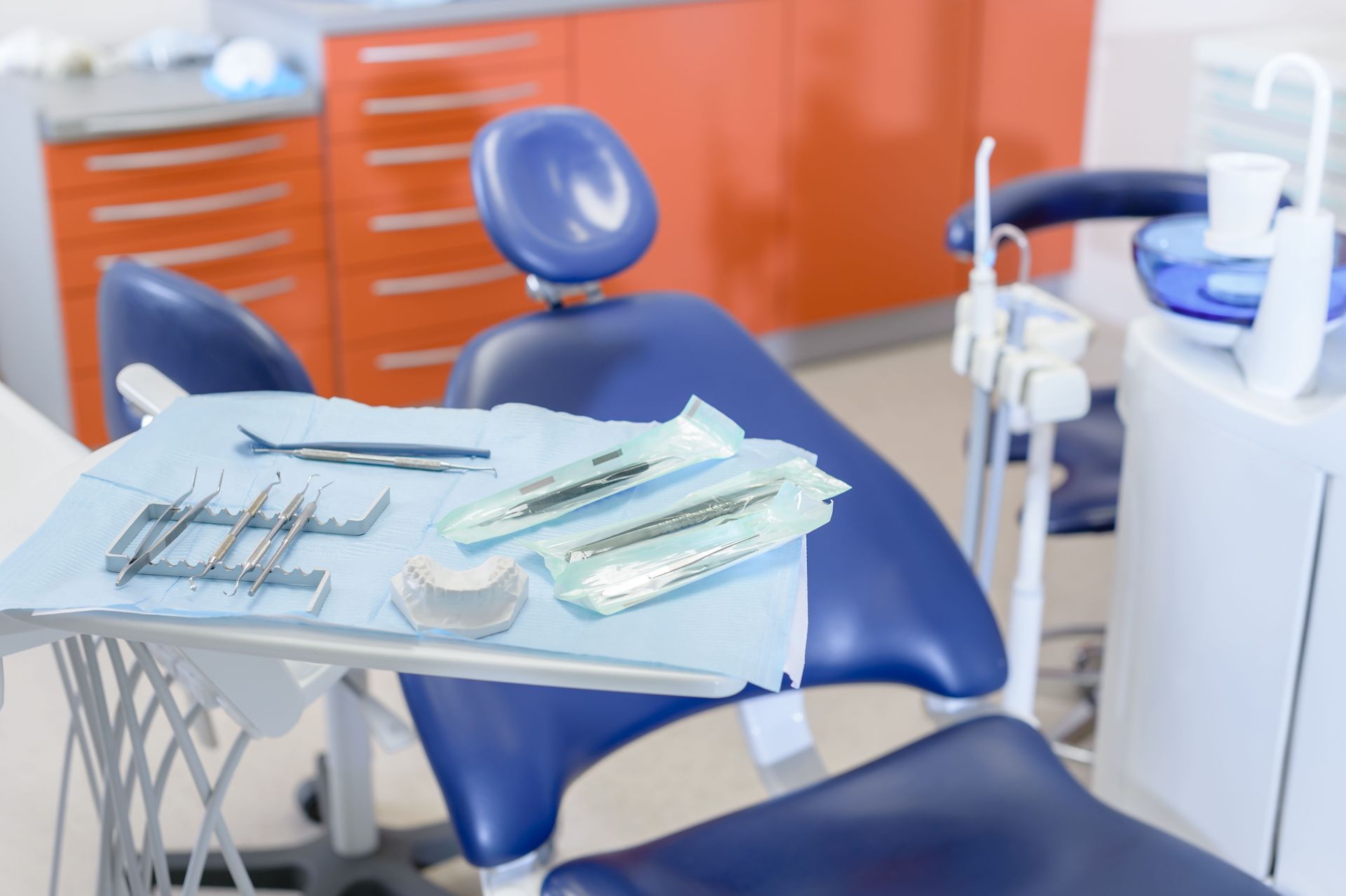

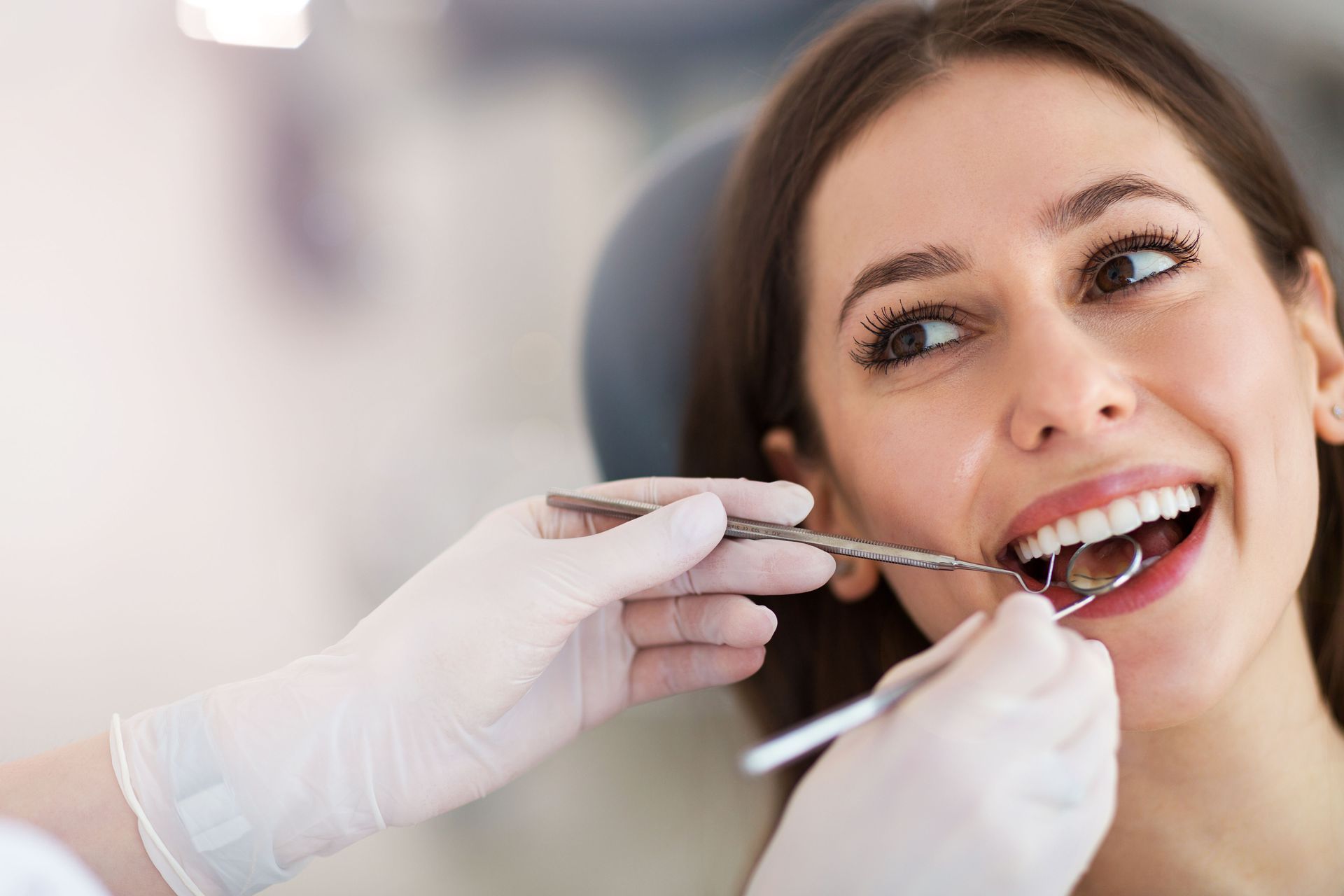
Share On: